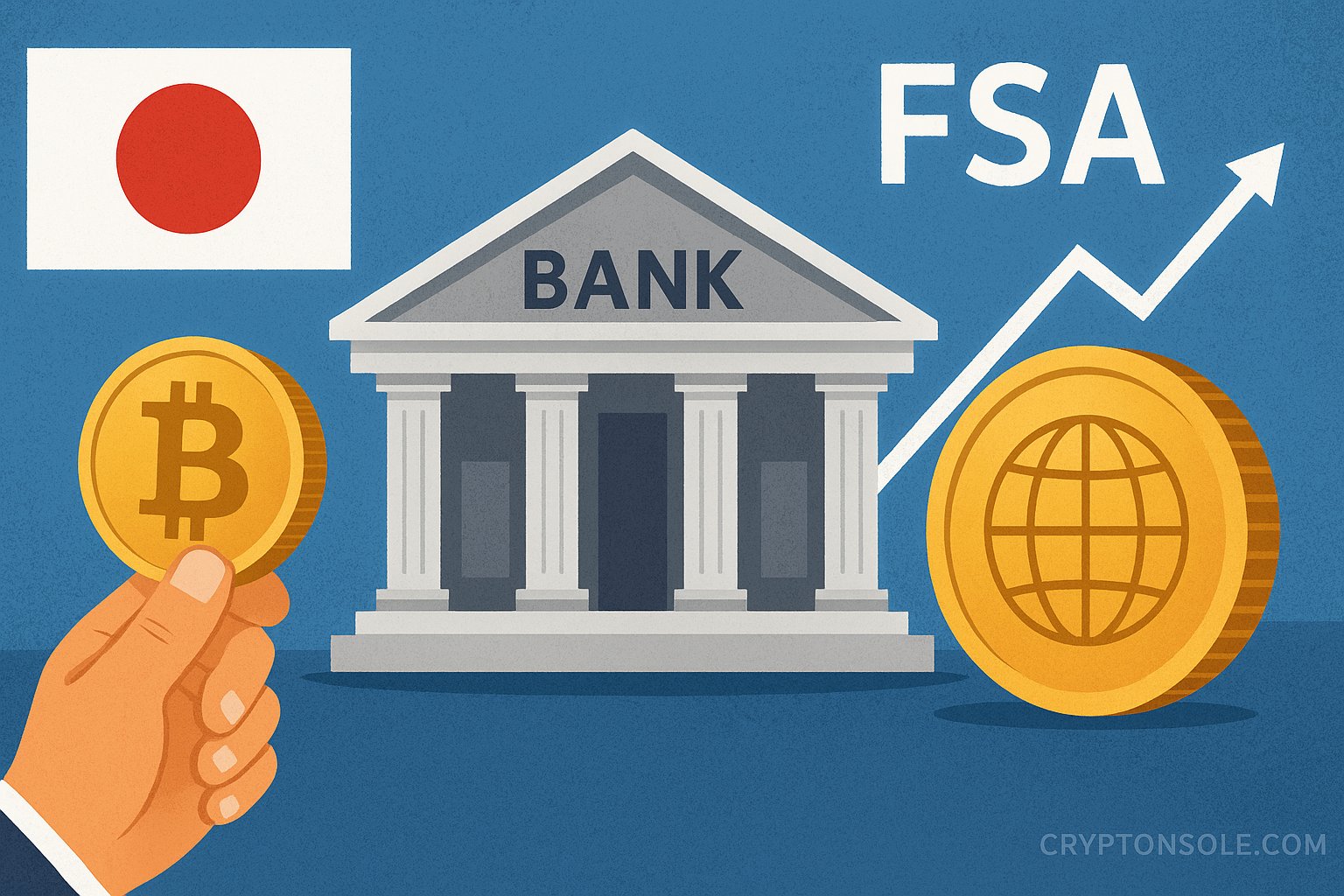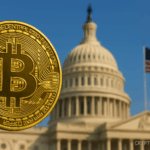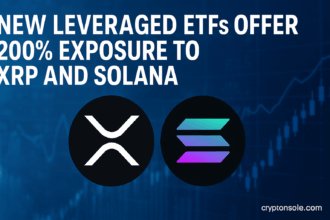Japan’s financial regulator, the Financial Services Agency (FSA), is reportedly considering a major regulatory overhaul to allow banks to hold cryptocurrencies such as Bitcoin for investment purposes and enable banking groups to register as crypto-exchange operators, aligning with the rising trend of digital-asset trading and investment, according to media reports and regulatory documents.
What’s proposed
According to business-media reports citing FSA and industry sources, the key components of the proposed regulatory shift include:
- Allowing commercialz banks to treat crypto-assets more like traditional financial investments (for example alongside stocks or government bonds) rather than solely as payment or settlement instruments. This would mark a change from current rules which effectively bar banks from holding crypto for investment purposes.
- Permitting banking groups (or their licensed subsidiaries) to register as crypto-exchange operators under oversight by the FSA, thereby bolstering market trust, expanding institutional participation and simplifying the process for individual investors.
- Revising the legal categorisation of crypto-assets so that some digital assets may be treated under the Financial Instruments and Exchange Act (FIEA) rather than only under the Payment Services Act (PSA) — putting them on a more comparable regulatory footing with securities and bonds.
- Introducing clearer registration, disclosure and custody rules for crypto-asset service providers, with an eye toward improving investor protection, market transparency and aligning with global regulatory practices.
Why the change now
Several factors are driving the proposed shift:
- The digital-asset market in Japan is growing: as of early 2025, more than 12 million verified crypto trading accounts were reported domestically.
- Japan seeks to enhance its global competitiveness and attract institutional capital by creating a clearer regulatory mesh around crypto assets, potentially including exchange-traded products (ETPs), authorised banks participating in crypto markets and simplified tax/treatment regimes.
- Current regulatory frameworks (PSA) are seen by some regulators and industry participants as inadequate for the evolving market, particularly where institutional investment, tokenisation of real-world assets and bank participation are concerned.
- Banks and financial institutions have so far been largely excluded from direct crypto-asset holdings under Japanese rules. For instance, the IMF notes that Japanese banks and insurers have been prohibited from acquiring crypto assets for investment purposes, under current prudential guidelines
Regulatory and legal implications
If implemented, the proposed reforms would carry significant implications:
- Banks holding crypto: The move would require banks to develop suitable risk management, cybersecurity and custody frameworks for digital assets, along with disclosures to supervisors regarding exposures. (Japan’s regulatory guidance already points to crypto-asset exposures in banks being a point of supervisory attention.)
- Registration of banking groups as exchanges: This would enable banking groups to operate or affiliate with crypto-asset trading platforms under FSA oversight. It may increase trust for retail investors, but would also raise regulatory burdens (AML/KYC, asset segregation, prudential standards).
- Reclassification of crypto: Moving certain crypto-assets under the FIEA would mean they become “financial instruments” subject to the same rules as securities — including disclosure, insider-trading and market-abuse regimes. This aligns with the FSA’s consultation to reclassify some crypto under FIEA by 2026.
- Investor opportunities and risks: For individual investors and institutions, the changes could open access to regulated crypto investment via banks and compliant platforms. On the risk side, banks entering the space may accelerate adoption but also amplify systemic exposures — regulators will need to guard against risk concentration and operational failures.
Timing & next steps
- Media reports say the FSA aims to submit a draft bill to Japan’s Diet (parliament) as early as 2026 for the classification changes under FIEA.
- Consultation papers and study groups are already underway, with stakeholder input sought on how banks and banking groups should be permitted to participate in the crypto-asset markets.
- Legislative and regulatory drafting will follow, likely supported by the broader “New Capitalism” agenda in Japan seeking to modernise financial markets and digital wealth creation.
Market reaction and stakeholder views
- Financial-services firms and fintech players welcome the move as a way to bring clarity to institutional participation and help Japan keep pace with other jurisdictions exploring bank crypto-investment roles and regulated crypto-ETFs.
- Some caution remains: the FSA has previously stressed its conservative stance — for example regarding crypto-ETFs — and the Ministry of Finance has historically been sceptical of crypto assets.
- Major banks will need to assess their technological, legal and operational readiness before entering crypto investment or exchange operations.
What to watch
- Whether banks in Japan begin to obtain licence-or-subsidiary arrangements to hold digital assets or trade crypto alongside more traditional financial investments.
- The detailed terms of any draft amendment: how the FIEA amendments treat crypto, what assets qualify, what disclosure/custody requirements are imposed.
- Developments in related domains: tax treatment of crypto gains in Japan, introduction of retail-friendly crypto investment vehicles (ETFs), stablecoin issuance by banks/trusts.
- How other global regulators (US, Europe, Hong Kong, Singapore) respond and whether Japan’s approach attracts institutional capital to Tokyo’s financial ecosystem.
Bottom line
Japan’s FSA is moving closer to a step rarely taken among major economies: allowing banks to hold and treat crypto assets as part of investmentq portfolios and welcoming banking groups into the crypto-exchange operator role. If enacted, this reform could reshape the Japanese digital-asset ecosystem — making it more institutionally friendly and potentially boosting adoption and innovation — while raising the regulatory stakes for banks, custodians and retail-investors alike.
ATUNHDCO












